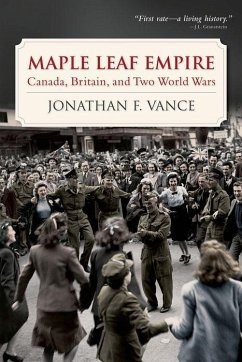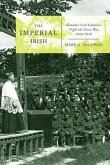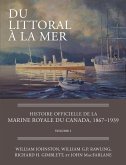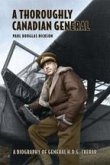The ineffable character of "Britishness" has been used, often enigmatically, to describe Canada's distinct cultural flavour within North America. This mysterious quality, writes award-winning writer Jonathan Vance, goes back to the early days of Canadian history, and consists of far more than the sum of early migration patterns. It emerges from a long-standing respect for British liberal ideals and an identification with the British empire. Canada's own unique brand of Britishness evolved over a history of shared military endeavor, as Canadians fought alongside others to defend the ideals that the British Empire was deemed to represent. To understand Canada's history of Britishness, Vance looks into the military past of both countries. The fabric of Canadian life in the eighteenth and nineteenth centuries owes a great deal to the presence of British military. And this, observes Vance, is a two-way relationship: he reminds us that during the two World Wars, close to a million Canadians travelled to the United Kingdom. In this form of reverse colonialism, Canadians established modest outposts in Britain, and parts of the country were Canadianized. This new, outside-the-box narrative is Jonathan Vance at his best. Beautifully written, based on original research in the true sense of the word, and illustrated with previously unseen materials, this book reveals a side of Canada often forgotten by historians.
Canada embodies its own unique hybrid of Britishness, emerging from a long-standing respect for British liberal ideals and a shared culture of empire. Author Jonathan Vance reminds us that Canadians fought two World Wars alongside others in defense of the ideals that the British Empire was deemed to represent. Vance looks into the shared military past of both countries. The fabric of Canadian life in the eighteenth and nineteenth centuries owes a great deal to the presence of the British military. And in the twentieth century, this relationship shows some reversal: during the two World Wars, close to a million Canadians travelled to the United Kingdom. They established modest outposts in Britain, and parts of the country were arguably Canadianized.
Canada embodies its own unique hybrid of Britishness, emerging from a long-standing respect for British liberal ideals and a shared culture of empire. Author Jonathan Vance reminds us that Canadians fought two World Wars alongside others in defense of the ideals that the British Empire was deemed to represent. Vance looks into the shared military past of both countries. The fabric of Canadian life in the eighteenth and nineteenth centuries owes a great deal to the presence of the British military. And in the twentieth century, this relationship shows some reversal: during the two World Wars, close to a million Canadians travelled to the United Kingdom. They established modest outposts in Britain, and parts of the country were arguably Canadianized.




